
TwoSet Violin: Where classical music and social media collide
The Australian YouTube stars TwoSet Violin are known for their entertaining and informative videos.
2023-08-09 07:57
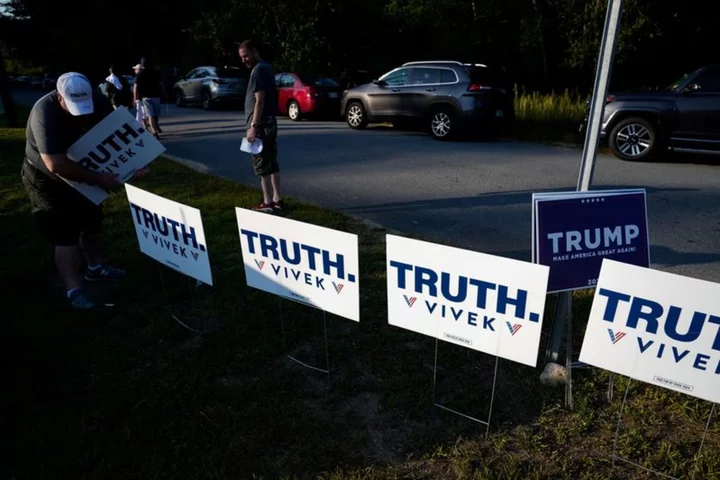
Senior aide to Republican presidential candidate Ramaswamy quits to join Trump
By Tim Reid A senior aide to Republican presidential candidate Vivek Ramaswamy has resigned and joined former President
2023-11-30 05:46

Mexico City's old airport told to cut flights by 17%, leading airlines to warn of mass cancellations
The Mexican government has ordered Mexico City’s old airport to cut flights by 17%, sparking warnings by airlines of possible mass flight cancellations
2023-09-01 09:54
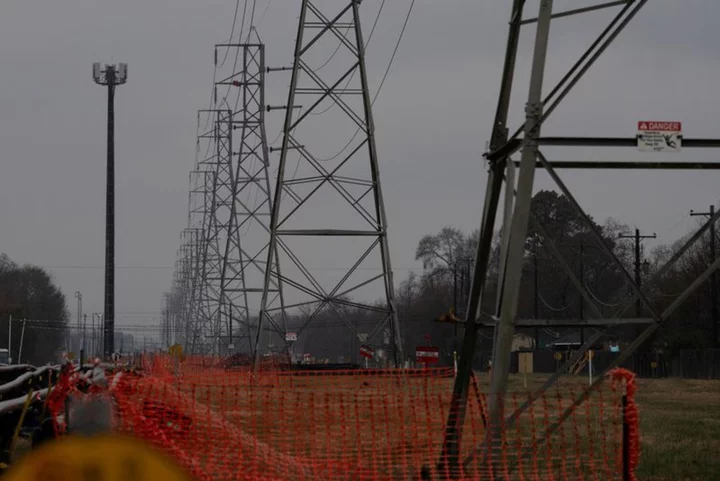
Texas power use to break records in heat wave next week - ERCOT
(Reuters) -Power use in Texas will break records next week as homes and businesses crank up their air conditioners to
2023-06-16 21:50
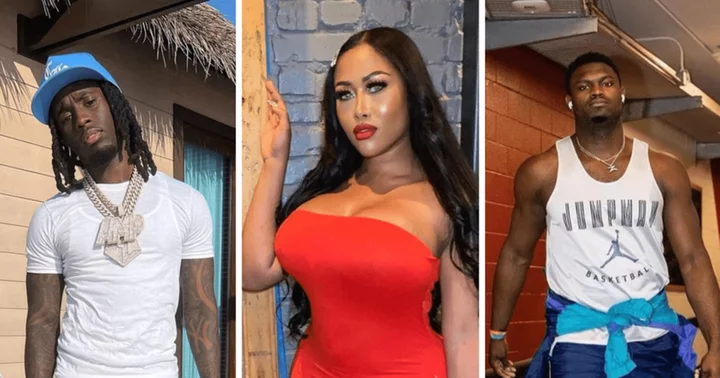
Twitch king Kai Cenat reacts to Moriah Mills calling out Zion Williamson for being 'jealous'
Kai Cenat reacted to Moriah Mills calling out Zion Williamson's 'jealousy' on social media using a Druski GIF
2023-06-10 17:57
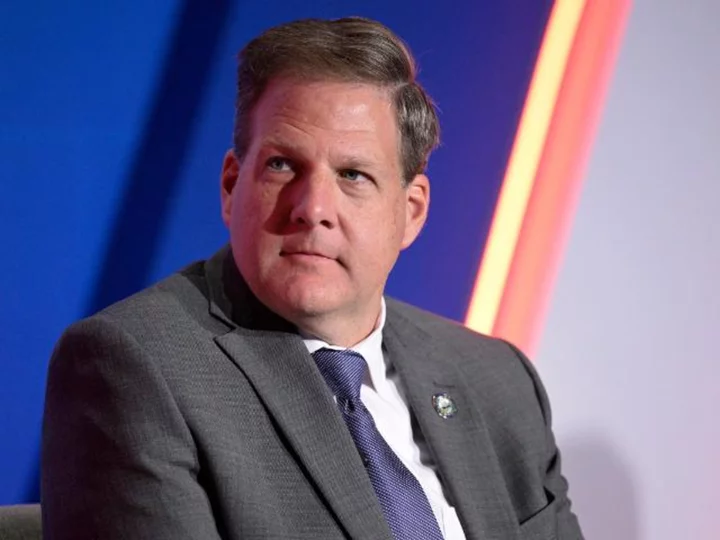
CNN Exclusive: New Hampshire GOP Gov. Sununu says he will not run for president in 2024
New Hampshire Gov. Chris Sununu, a frequent Republican critic of former President Donald Trump, said Monday in an exclusive interview with CNN's Dana Bash that he will not seek the party's 2024 presidential nomination.
2023-06-06 00:17
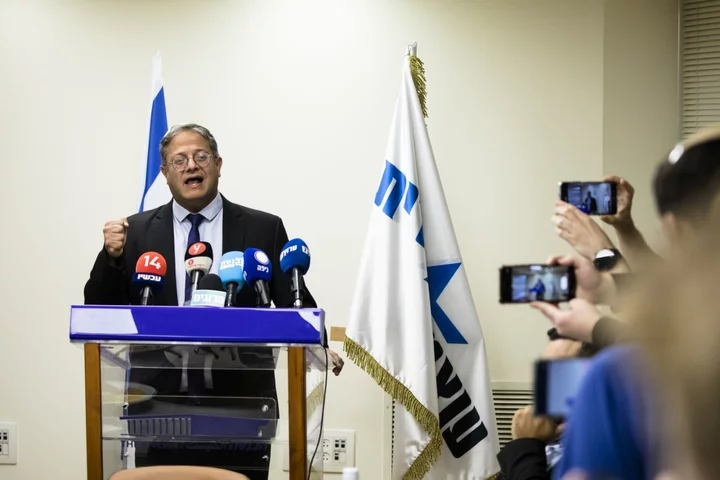
Killings Grip Arab Towns in Israel as Wave of Violence Builds
Gunshots felled Abdel Rahman Kashua last month right in front of a police station, escalating a wave of
2023-09-03 13:47
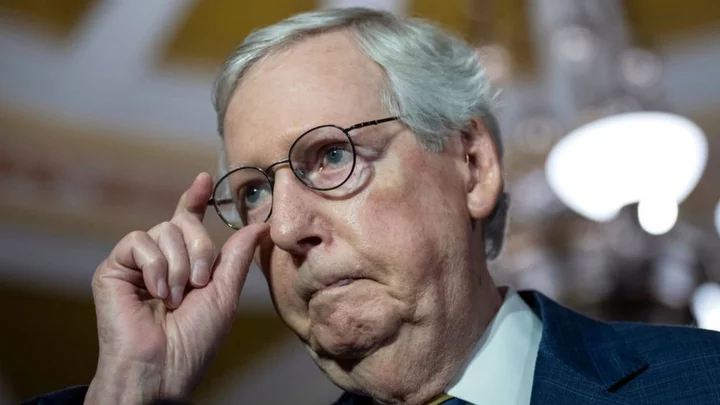
Mitch McConnell: From polio victim to political titan
The Kentucky senator has been behind many of his party's most consequential moments in Washington.
2023-09-02 03:21
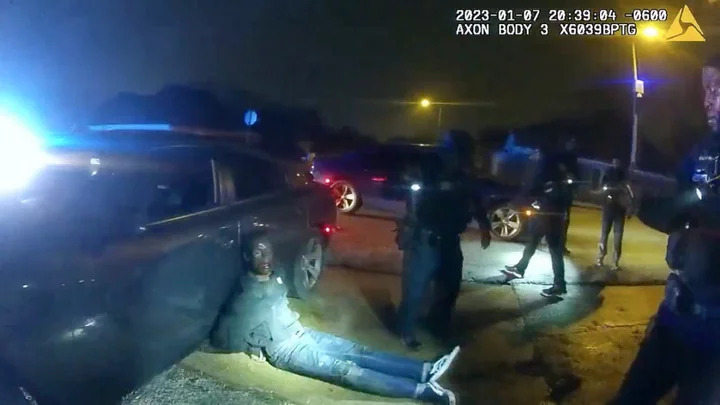
Memphis officers charged in Tyre Nichols death face federal civil rights indictment
Five former Memphis police officers who were criminally charged for beating Tyre Nichols during an arrest that led to his death are now facing federal civil rights charges. An indictment lists three separate counts against the men, including the use of excessive force and failure to intervene, deliberate indifference, and witness tampering. Now-former officers Tadarrius Bean, Demetrius Haley, Emmitt Martin, Desmond Mills Jr and Justin Smith are also facing state criminal charges – including second-degree murder, aggravated assault and aggravated kidnapping – after officer-worn body camera and surveillance footage from January captured officers yelling conflicting commands at the 29-year-old Black man, firing a Taser at him, and beating him while he was pinned to the ground. Nichols died in hospital three days later. Assistant US Attorney General Kristen Clarke with the US Department of Justice Civil Rights Division and US Attorney Kevin G Ritz will announce the indictment at a press briefing on Tuesday afternoon. This is a developing story
2023-09-13 02:49

Spanish police say they have confiscated ancient gold jewelry worth millions taken from Ukraine
Spanish police say they have confiscated 11 pieces of ancient gold jewelry that were taken out of Ukraine illegally in 2016
2023-10-23 19:46
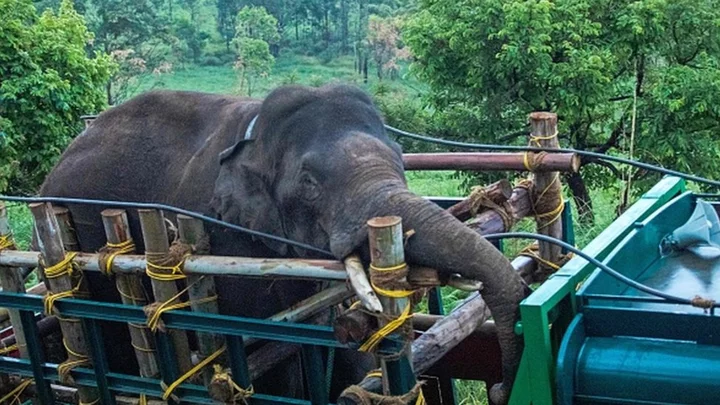
Arikomban: How two states are struggling to contain a rice-loving elephant
Authorities attempt to find a permanent habitat for it as activists criticise its "brutal" treatment.
2023-06-12 08:56
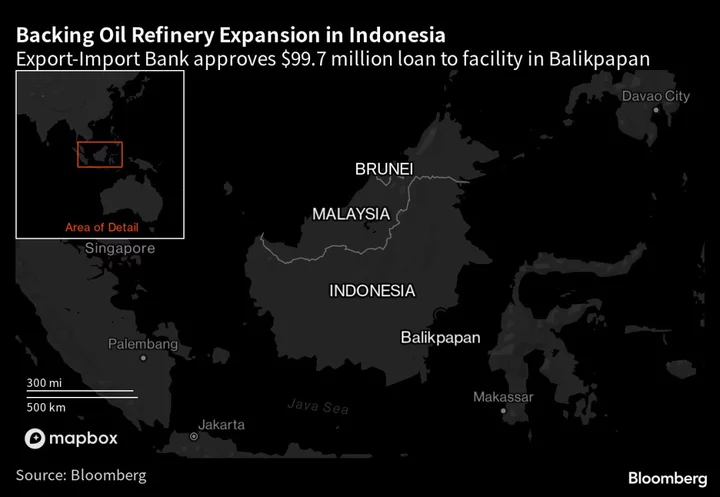
Export-Import Bank Defies Biden Climate Vow With Indonesian Oil Refinery Loan
US Export-Import Bank leaders voted Thursday to lend $99.7 million to expand an oil refinery in Indonesia, bucking
2023-05-12 11:51
You Might Like...

GingerMay Proudly Joins the B Corp™ Movement to Do Business, Better

Orionid meteor shower 2023: When and where to watch Halley's Comet's trail of fire at its peak
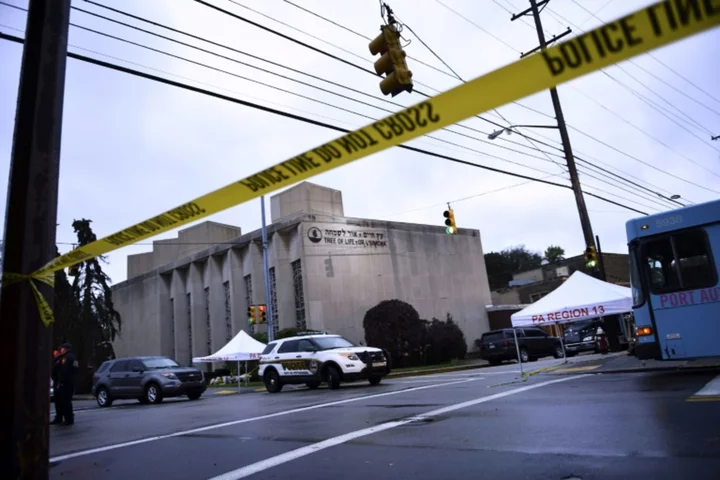
US trucker guilty of 2018 synagogue massacre

Asian Stocks Set for Mixed Open as US Rally Stalls: Markets Wrap
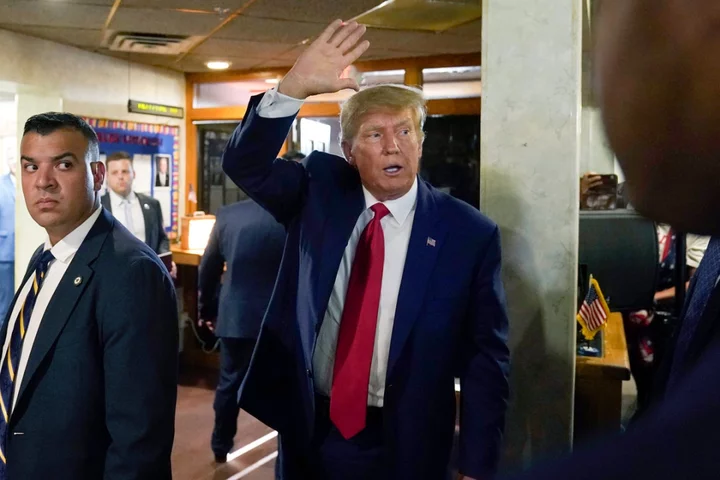
Trump taunts DeSantis and Christie as midnight deadline to appear before Jan 6 grand jury passes - live
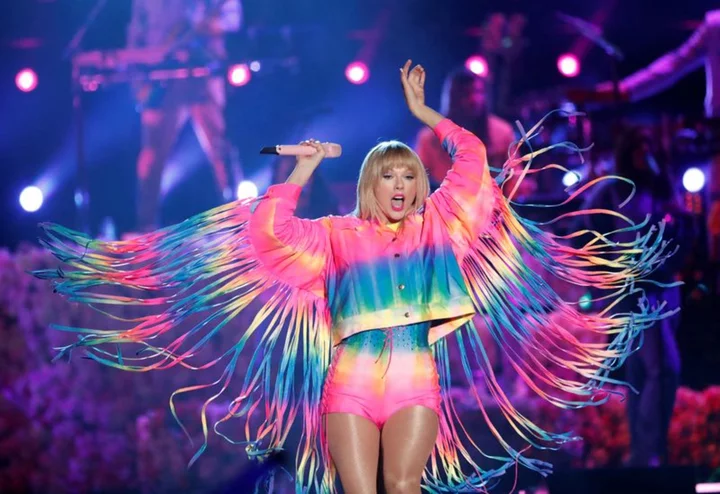
Exclusive-Music rights giant BMI in renewed talks to sell itself -sources
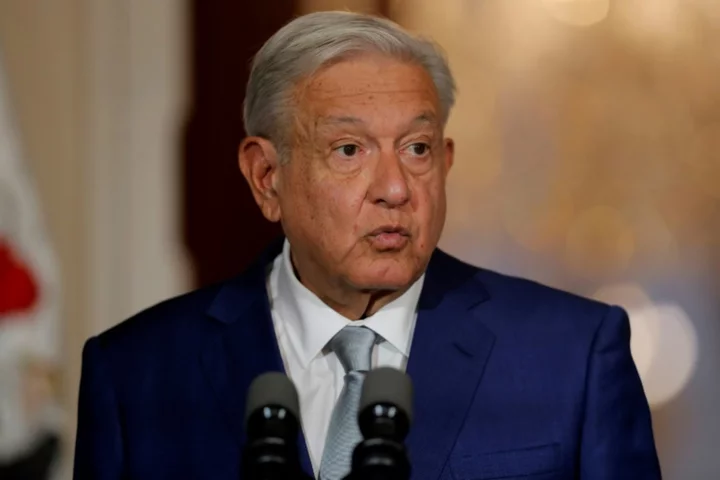
Latin American presidents to meet in Mexico for migration summit

Palestinian UN envoy urges UN chief to stop Israel 'crime against humanity'
